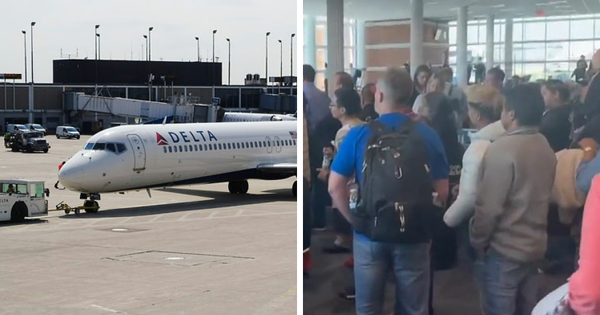
Fullerton Cove has been earmarked for 840 new homes despite remaining part of the Williamtown Red Zone.
It comes four years after local residents shared in a $132.7 million class action payout from the federal government for loss of value to their land resulting from perfluoroalkyl and polyfluoroalkyl substance (PFAS) contamination.
Some residents are still hoping the federal government will buy them out so they can leave the area.
"It's absolutely remarkable that only a few years ago people were told the value of their properties was zero now here we are talking about building on virtually the same land," Fullerton Cove resident Lindsay Clout said.
Port Stephens Council has identified Fullerton Cove as one of six sites in the local government area that could potentially host another 20,000 residents in the next two decades as part of its local housing strategy.
A proponent is preparing a planning proposal to rezone two precincts to the north and south of Coxs Lane.

"Fullerton Cove is located within 20 minutes of the Newcastle CBD as well as key employment areas such as Newcastle Airport, RAAF Base Williamtown and Tomago industrial precinct, making it an ideal location for new housing," the council's web page The Future of Fullerton Cove says.
However, the area is located in the broader Williamtown Management Area for PFAS contamination.
The Department of Defence has spent more than $100 million in recent years remediating PFAS hotspots, which were created by the extensive use of firefighting chemicals.
It also funded the extension of reticulated water services to residents within the management area.
A March 2023 groundwater analysis indicated the contamination plume is moving away from the RAAF base in a southerly direction.

Many Red Zone landowners are eagerly awaiting the federal government's response to a series of recommendations from Jim Varghese AM, who examined alternative options for PFAS contaminated land around RAAF Base Williamtown, the Army Aviation Centre Oakey (QLD), and RAAF Base Tindal (NT).
His report was delivered to the government in April and is presently being considered by Cabinet.
The review was commissioned by former Assistant Defence Matt Thistlethwaite who was recently appointed as Immigration Minister.
It is understood Minister for Veterans' Affairs and Defence Personnel Matt Keogh will now oversee the report's implementation.
A Department of Defence spokesman said the government was taking the necessary time to consider the findings of Mr Varghese's independent review and its recommendations.
"The timing of the public release of the report is a matter for government," he said.
"Defence continues to support affected communities through the Defence PFAS Investigation and Management Program in consultation with the states and territories."
Among the options believed to be under consideration is grading or categorising land based on the level of contamination.
This would allow contaminated land to be rezoned and sold for suitable purposes such as industrial, commercial or residential.
Port Stephens Council's director of community futures Steve Peart said the Fullerton Cove area had excellent potential for new housing.
"We are working through an investigation process looking at the potential for housing at that Fullerton Cove site. We are engaged in a lot of consultation at the moment with the relevant agencies like the EPA," he said.
"We feel there is a good opportunity for some housing in that space noting there is good infrastructure in place and it's in the outer contamination zone.
"Hopefully one of the recommendations (from Mr Varghese's report) is that Defence works with the EPA to redefine what the contamination zones are."
Mr Clout is among those who are lobbying to have Fullerton Cove removed from the contamination zone.
Several years of testing have consistently shown that PFAS is not present in the suburb's groundwater.
"I have had groundwater tests since 2018 and, to date, they have been negative," he said.
"Therefore, I'm asking the question: 'why am I in a contaminated zone'?"







